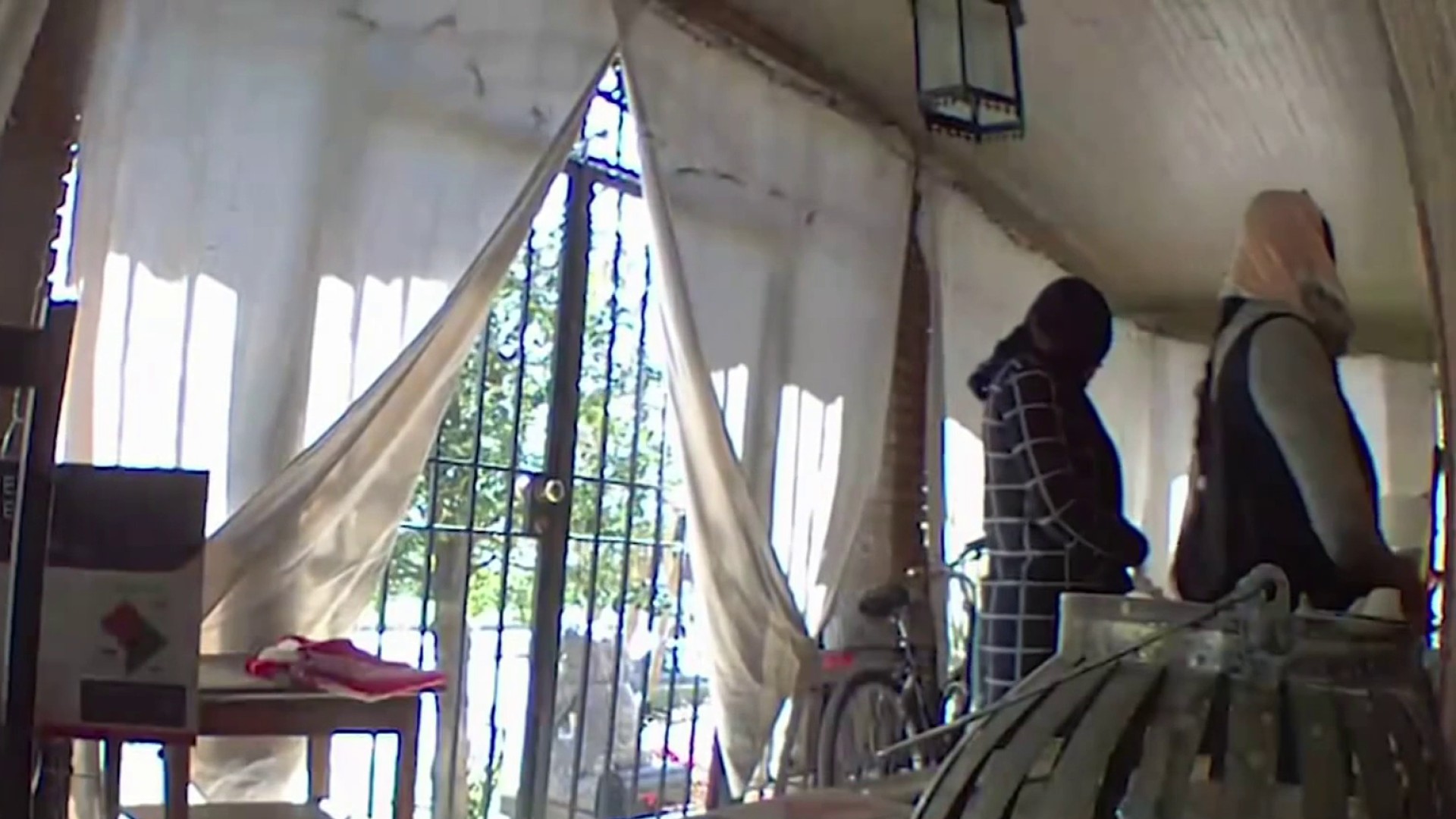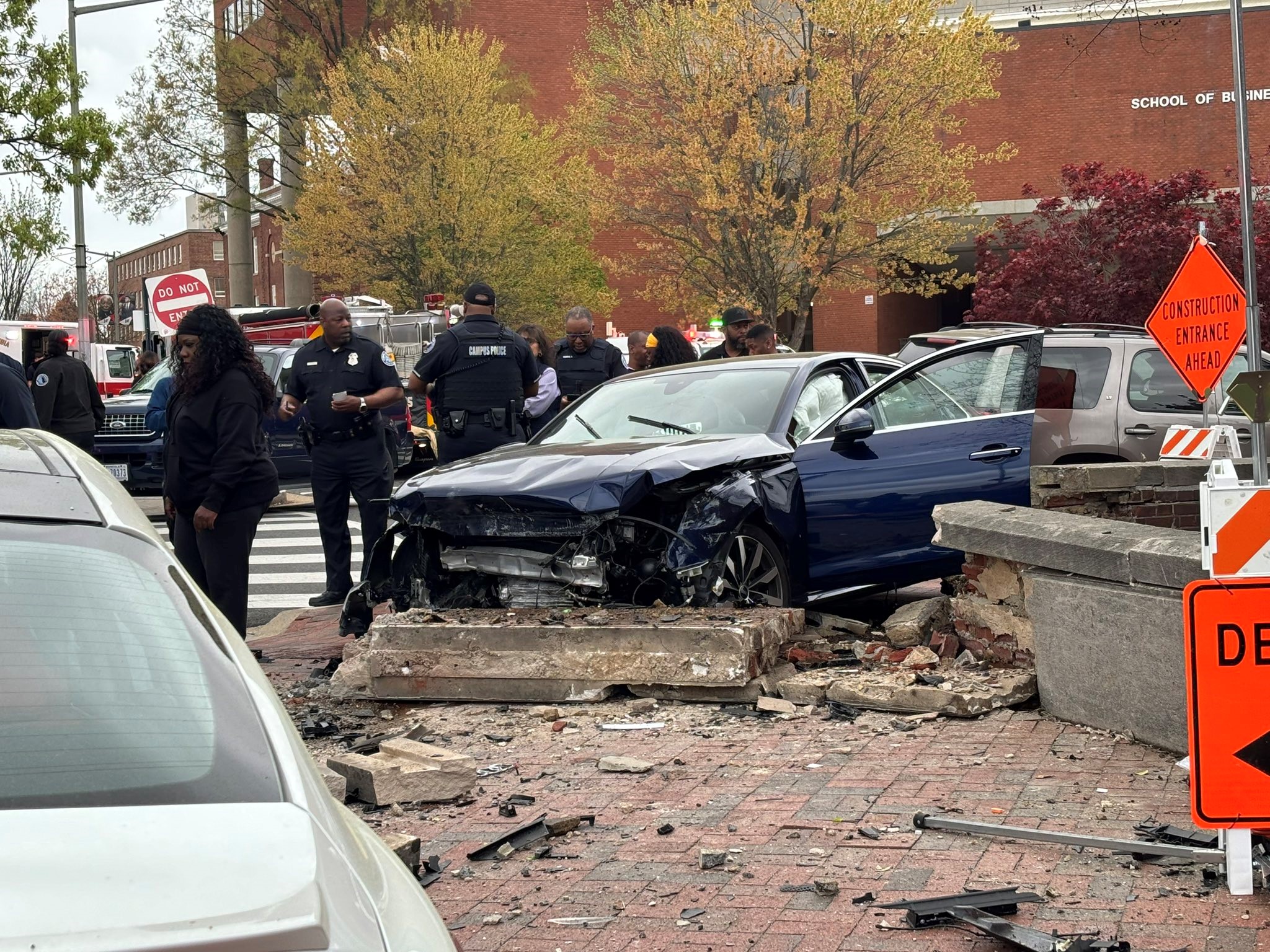A man who killed a teenage girl and then bragged about it to prosecutors once he thought he could not face the death penalty was pronounced dead at 9:09 p.m. Thursday.
Powell did not make a last statement, and there were no complications with the execution. A representative for Powell and his family said Powell expressed remorse Thursday night, saying there was no one else to blame.
Powell appeared emotionless as guards strapped him to the oak chair and attached metal clamps to his right calf and head. When asked if he had any last words, he remained silent and stared at the ceiling.
Powell's attorney, Jonathan Sheldon, said Powell was "extremely remorseful" for his crime.
"He made a last-minute decision and said, 'You know, the people who need to hear from me heard from me,'" Sheldon said when asked why Powell did not make a final statement.
In 1999, Paul Warner Powell stabbed 16-year-old Stacie Reed of Manassas, Va., in the heart before raping and trying to kill her 14-year-old sister.
Powell, 31, was convicted in 2000 and sentenced to death, but the Virginia Supreme Court later overturned that verdict. Powell then wrote a taunting letter to prosecutors detailing the crime. He was convicted again in 2003.
In his four-page, profanity-laced letter to Prince William County Commonwealth's Attorney Paul Ebert, Powell described how he went to Stacie's house because he was angry at her for having a black boyfriend. He wrote that he attempted to rape her and then stabbed her in the heart when she fought off his advances.
Afterward, Powell went downstairs, smoked a cigarette, drank some iced tea and waited for her younger sister, Kristie, to come home from school. He raped her, slit her throat, stabbed her and left her for dead. But she survived and testified against Powell.
Reed's sister and mother witnessed the execution with Ebert.
Whoberry remembered Stacie as a friendly, headstrong girl who decided as a freshman in high school she wanted to be the first female Navy SEAL and a week later shaved off all her hair.
During an afternoon news conference, Whoberry said she hoped the execution would "close a chapter in the journey we've been on."
Kristie declined to make a statement during the afternoon news conference.
Local
Washington, D.C., Maryland and Virginia local news, events and information
Later, the family told the Richmond Times Dispatch that they talked with Powell by phone for more than an hour on Wednesday.
"He was able to say he was sorry and he made the point several times that (the crime) was senseless, it was pointless ... he couldn't really give us a reason why," Whoberry told the newspaper.
"It was just a simplistic, 'I'm sorry,' and I accept that."
Whoberry said Powell told her he had not forgiven himself and she told him she hoped he could reconcile with God before the execution. "We let him know that we are praying for him and his mom, his family," she said.
"I think most people who had schoolchildren can relate to this and realize how horrible it is," Ebert said about the crime.
Powell was executed at Greensville Correctional Center in Jarratt. He chose to die by electrocution rather than lethal injection.
Virginia Gov. Bob McDonnell refused to stop the execution, and Powell's court challenges were rejected.
Powell met with immediate family members Thursday and was expected to meet with his attorneys in the afternoon, said Larry Traylor, spokesman for the Department of Corrections.
Powell is the second consecutive Virginia inmate to choose electrocution over lethal injection. Larry Bill Elliott was electrocuted in November.
Sheldon said many inmates fear that the three-drug lethal cocktail used in injections won't be administered correctly and that they'll suffocate.
"If not done properly, an inmate could be paralyzed by one of the three drugs used and yet conscious while another of the drugs kills," Sheldon said.
Of the 35 death penalty states, seven southern states still offer electrocution.
Powell would be the 106th Virginia inmate executed since the U.S. Supreme Court reinstated capital punishment in 1976. Only Texas, with 451, has executed more inmates.



